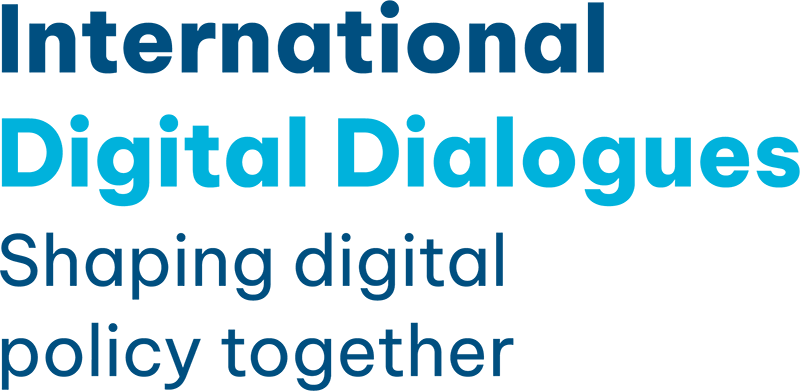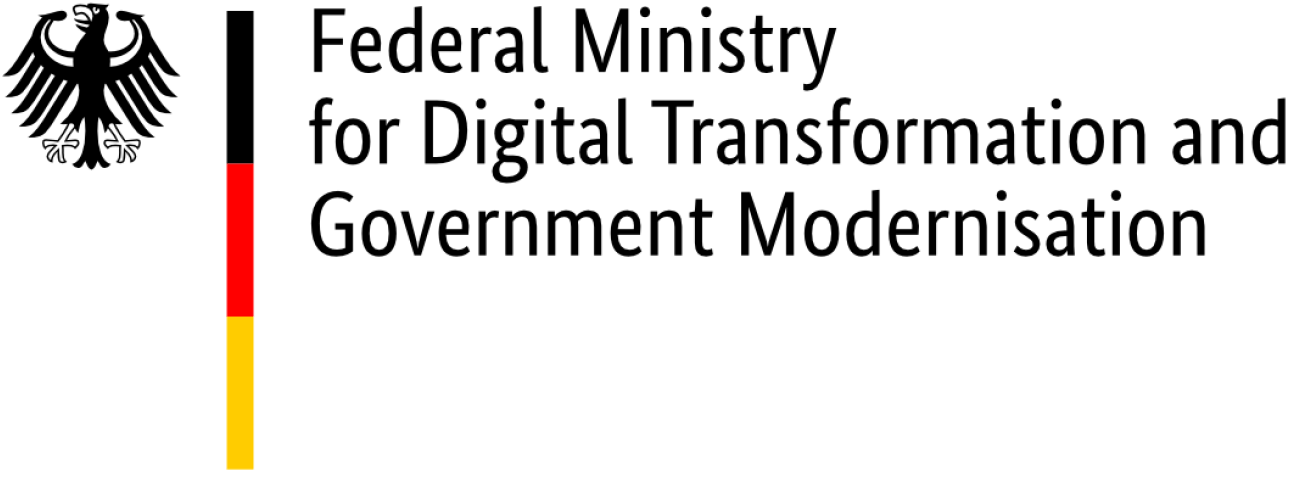Cross-border spectrum management: Insights from Indonesia, Germany and the EU
Indonesia

Cross-border coordination is becoming increasingly important with the advent of the Internet of Things (IoT), 5G, autonomous driving and other emerging technologies. They require seamless connectivity with minimal interference. This poses considerable challenges for countries, especially in areas such as border regions, differing levels of technological advancement, different national priorities and diverse geographical conditions. Effective spectrum management is therefore essential to unlock interoperability and the economic benefits that follow.
The exchange on cross-border spectrum management in Indonesia, Germany and the EU was opened by Dr Marc Lendermann, Head of Bilateral Digital Policy at BMDS, and Mr Ichwan Makmur Nasution, Head of the Center for International Affairs at MCDA. Both ministries underlined the importance of sustainable and resilient digital infrastructure. They expressed that the bilateral exchange serves as a bridge between regions – beyond a technical dialogue.
Spectrum management in the EU and Germany
When it comes to spectrum management across EU member states, the European Commission largely allows each country to regulate itself within the boundaries set by the overarching legal framework. Mr Paul Lippens de Cerf, DG CNETC Radio Spectrum Policy Unit of the European Commission, explained that this includes the European Electronic Communications Code (EECC), the Radio Spectrum Policy Programme (RSPP) Decision and the Radio Spectrum Decision. These instruments provide the foundation for spectrum allocation and harmonisation methods and establish procedures for mitigating harmful interference. While the harmonised conditions reduce the need for separate bilateral agreements, the European Commission still mediates between states in specific cases, recognising each member states’ unique challenges.
To fully implement the framework set out by the European Commission, Germany relies on a regulatory framework that includes the revised Telecommunications Act (TKG), the Spectrum Plan and the Spectrum Ordinance. However, as stated by Mr de Cerf, coordination between member states may still require additional arrangements to address interference and technical compatibility. In such cases, Mr Alexander Kühn, Head of Section of International and National Spectrum Management at the German Federal Network Agency (BNetzA), explained that the harmonised calculation method is applied – to ensure consistent methods and comparable interference results before spectrum assignments are made.
Spectrum management in Indonesia
Whereas the EU has a formal regulatory framework for spectrum harmonisation, the Association of Southeast Asian Nations (ASEAN) operates primarily as a coordination platform, providing recommendations and facilitating dialogue among its member states on spectrum allocation and harmonisation. In Indonesia, cross-border spectrum coordination and harmonisation are guided by the ITU Radio Regulations, Government Regulation No.53/2000, and the Ministry of Communications and Informatics Regulation No. 7/2021. Mrs Nurmaladewi, Team Leader for Aviation and Maritime Frequency Arrangement and Radio Frequency Spectrum Harmonisation at MCDA, explained that these frameworks form the basis for both national policy and international cooperation. Coordination with neighbouring countries takes place through bilateral and regional committees or forums, resulting in agreements that vary in scope and focus. These arrangements are essential in ensuring efficient spectrum use across Indonesia’s extensive borders and diverse geographical conditions.
The exchange concluded with a panel discussion that brought together participants from government, academia and the private sector. The panel fostered a lively exchange of lessons learned, deepening mutual understanding of best practices and challenges from each region.
The meeting laid the foundation for closer collaboration between Indonesia and Germany in building resilient and sustainable digital infrastructure.
More interesting news

Indonesia
Harmonising data regulations: Launch of a policy brief
On 30 October 2025, the policy brief “Harmonising Data Regulations: Advancing Indonesia’s Role in the Global Digital Economy” was launched in Jakarta. It was published on behalf of the German Federal Ministry for Digital Transformation and Government Modernisation (BMDS) and the Indonesian Ministry of Communications and Digital Affairs (MCDA) with support from the Indonesian Business Council (IBC) Institute. The launch highlighted the importance of internationally harmonised data regulation.
Read more … Harmonising data regulations: Launch of a policy brief

Indonesia
Indonesia and Germany exchange ideas on promoting digital startups
On 24 July 2025, partners and stakeholders of the Indonesian-German Digital Dialogue met to exchange on the ecosystem of digital startups in Indonesia and Germany. It was hosted on behalf of the German Federal Ministry for Digitalization and Government Modernization (BMDS) and the Indonesian Ministry for Communications and Digital Affairs (MCDA). The ministries aims to enhance the conditions for startups and foster an inclusive and balanced growth of the ecosystems in both countries.
Read more … Indonesia and Germany exchange ideas on promoting digital startups

Indonesia
Second annual meeting of the Indonesian-German Digital Dialogue
On 25 November 2024, the German Federal Ministry for Digital and Transport (BMDV) and the Indonesian Ministry of Communications and Digital Affairs (MCDA) convened in Berlin for the annual meeting of the Indonesian-German Digital Dialogue. The meeting was held during the International Digital Dialogue Conference (IDDC). It marked the second year of a strong and growing partnership between Indonesia and Germany, while setting the agenda for shared priorities in the year ahead.
Read more … Second annual meeting of the Indonesian-German Digital Dialogue
Newsletter
Stay informed! To subscribe to the Digital Dialogues newsletter, enter your e-mail address here. Please also refer to our privacy notice.


